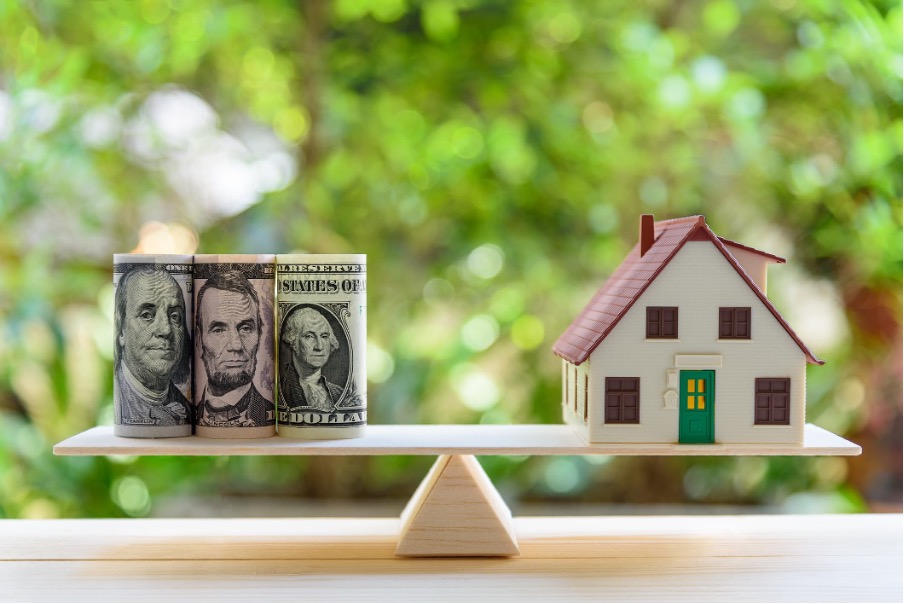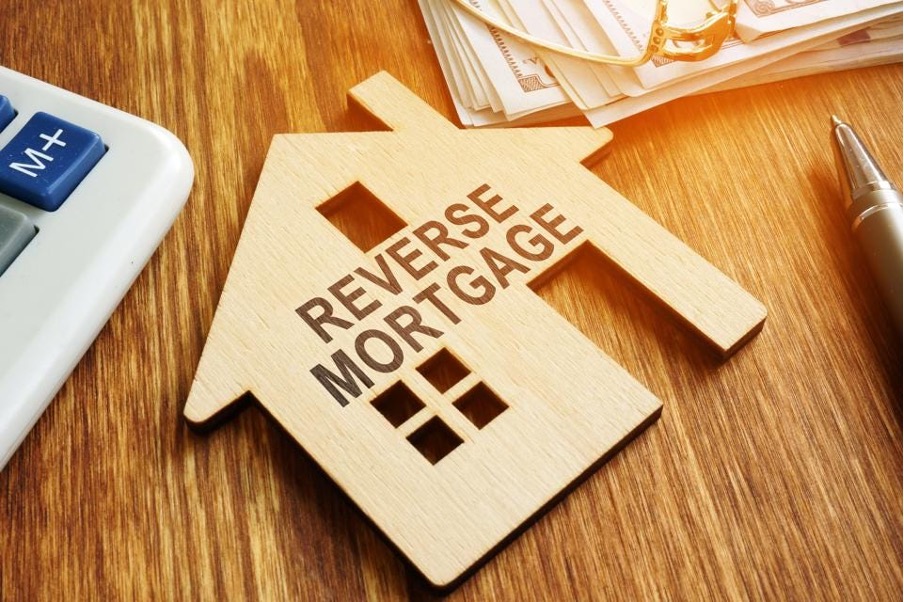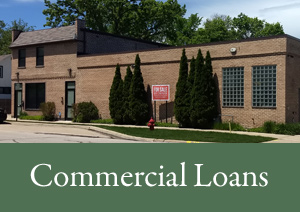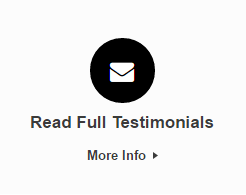Post
The Next Big Thing in Reverse Mortgages

A reverse mortgage is a loan that allows seniors to borrow against the equity in their home without having to make monthly payments. It can be a great way for retirees to supplement their income and cover unexpected costs. In recent years, reverse mortgages have become increasingly popular, and innovations in the market make them even more beneficial for seniors. Keep reading to learn more about the HECM for Purchase program and see if it might be right for you.
The Home Equity Conversion Mortgage (HECM) for Purchase program was created by the Department of Housing and Urban Development (HUD) in 2009. This program combines a reverse mortgage with purchasing a new home, allowing seniors to buy their dream retirement home without making large down payments or taking on monthly loan payments.
With this type of loan, a senior can purchase a home and receive a reverse mortgage of up to 55% of the appraised value to be used as the down payment. Money not used for the down payment can be set aside for repairs on the new property, living expenses, or just kept in their bank.
The HECM for Purchase program has been gaining traction among seniors looking to downsize or move closer to family. Not only does this program make it easier to purchase a new home, but the loan terms are also quite favorable.
For example, the interest rate is often lower than traditional mortgage loans, and there is no required monthly payment. Instead, seniors can make payments on their own or allow the loan balance to be paid off when they sell the property or pass away.
Get Ready for the Reverse Mortgage Revolution
Reverse mortgages are the newest way to access your home equity without selling or moving out. Reverse mortgages have been around for a few years, but they are quickly becoming the preferred option for homeowners who want to take advantage of their home equity without downsizing.
With a reverse mortgage, you can access up to 50 percent of your home’s value and use it however you like. So whether you want to pay off medical bills, buy a new car, or take a long-overdue vacation, reverse mortgages are the perfect way to make it happen.
The best part about reverse mortgages is that they don’t require monthly payments, and there’s no credit check required. You can simply access your home equity without worrying about how you will pay it back. Plus, you can choose how much money you want to access and when you want to access it.
Reverse mortgages also come with several other benefits that make them an attractive option for homeowners. You can keep your home as long as you’d like and never have to worry about making payments or paying taxes. You’ll also be free to stay in your home and make changes that reflect your lifestyle.
With so many advantages, it’s no wonder reverse mortgages are becoming so popular. A reverse mortgage may be right for you if you’re interested in accessing your home equity without having to move out or sell.
Things to Consider Before Getting a Reverse Mortgage
Reverse mortgages are becoming increasingly popular, but they can often be confusing products. Before deciding whether a reverse mortgage is right for you, you must explore all options carefully. Here are some of the things that you should consider before taking out a reverse mortgage:
Financial Implications: Reverse mortgages usually require taking out a loan against your home’s equity. This means you will be paying interest on the loan, which can add up over time. Therefore, it is essential to look at all the loan details and ensure you understand what you are getting into before signing any paperwork.
Eligibility Requirements: Each lender has different eligibility requirements for reverse mortgages. Make sure you understand the criteria before deciding to apply and that you meet all of the necessary measures to qualify.
Timeline: It is essential to consider how long it will take for your reverse mortgage loan funds to be available and when the loan repayment will begin. Depending on the lender, this timeline can vary greatly. Ask questions and get all the information before signing any paperwork.
Tax Implications: Reverse mortgages can have tax implications depending on your situation. It is important to research or consult a financial advisor to understand how taxes will affect you when taking out a reverse mortgage.
These are just a few critical things to consider when looking into reverse mortgages. As with any significant financial decision, it is essential to research and ensure that you understand all the details before making a final decision.
The Benefits of Reverse Mortgages

Reverse mortgages have been around for a few decades. Still, they are experiencing a resurgence of popularity due to the unique benefits that make them attractive to homeowners in retirement.
Reverse mortgage loans allow seniors to access their home equity without selling their homes or taking on more debt. This is especially beneficial for those on fixed incomes who may not have the means to take out a traditional loan.
In addition, reverse mortgages offer several other advantages. For one, they can provide seniors with a steady monthly income to supplement their Social Security or retirement savings. This reliable source of additional funds can be used for everyday expenses such as groceries, utilities, and medical bills.
Reverse mortgage loans also offer flexible repayment options to be repaid at any time without penalty. Finally, reverse mortgages are insured by the U.S. government and backed by FHA-approved lenders, providing extra peace of mind for borrowers.
Alternatives to Reverse Mortgages
The concept of a reverse mortgage has been around for decades, and it’s still gaining traction as more homeowners explore ways to tap into their home equity. But what if you don’t want to take out a loan or are looking for an alternative? Luckily, other options can help seniors access their home equity without taking on the risk of a reverse mortgage.
One popular option is a home equity line of credit (HELOC). A HELOC works like a traditional loan but with more flexibility. You can borrow up to 100% of the appraised value of your home and make payments over time. The downside is that it requires monthly payments, so it’s vital to ensure you can afford them before taking out a HELOC.
Another option is to enter into a shared equity agreement with an investor. In this arrangement, the investor will purchase part of your home and pay you an agreed-upon percentage of any appreciation in value when you ultimately sell the house. This allows homeowners to access some of their equity while maintaining property ownership.
The final option to consider is a sale-leaseback arrangement. In this situation, you sell your home to an investor and then lease it back for a predetermined time. The investor will pay you cash up front and charge you rent during the lease period. This is an attractive option for those who want to access their home equity without taking on any debt.
No matter which option you choose, it’s important to weigh the pros and cons carefully before making a decision. The right choice depends largely on your financial situation, so consult a financial advisor before committing to anything. With the right plan, you can use your home equity to achieve financial security and peace of mind.
January 30th, 2023 by Herb Levin
No comments yet




